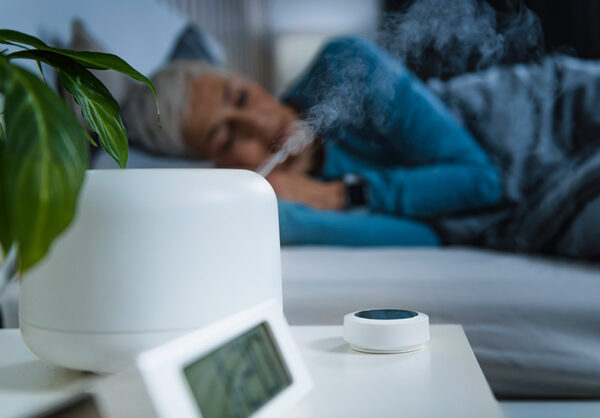Caregiving for COPD: How to Best Communicate and Connect
It began with those in your inner circle, and it has gradually been spreading outward to close friends and acquaintances. Discussing your COPD diagnosis and knowing how to respond to the many questions that arise about it can be uncomfortable – for you personally, and for those you’re speaking with as well. Interestingly, you could…



